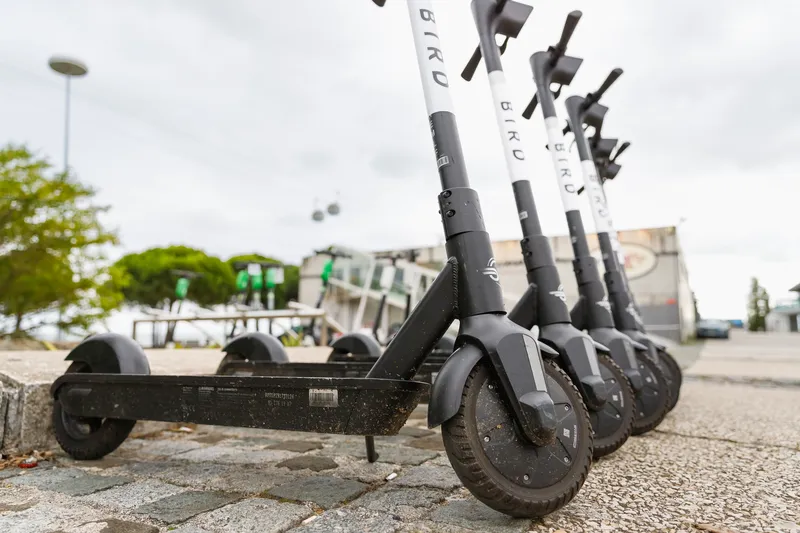Demand for electric vehicles (EVs) has increased 123% in London since the introduction of the Ultra Low Emission Zone (ULEZ), says Carwow.
Using data from its website, the car-buying platform found that searches for EVs also increased 56% in the rest of the UK
Enquiries for alternative fuel vehicles (AFV) increased 77% in the UK capital and 44% in the rest of the country.
Carwow says there has been a 56% year on year increase in searches for hybrid vehicles since May 2018, with a further 92% increase in EV quotes on its website.
Since the start of 2019, the most searched for AFV has been the
According to a poll carried out by ULEV, six out of ten Brits are aware of ULEVs. Nearly 70% of people agree that the zone is a good measure while more than a quarter remain unsure and 4% do not agree
Despite 90% of Londoners saying they are environmentally conscious, less than a third are planning to purchase an AFV in the near future, followed by just 18% of those living in the rest of the UK.
Mat Watson, editorial director at Carwow, says: “Whilst British people consider themselves environmentally conscious in principle, it’s the personal financial impact of the fines that is proving a key driver for changing their minds.”
Watson warns there is a difference between intention to buy and buying, insisting that more needs to be done to reassure drivers that EVs are “the right environmental choice” and have the same capability as a “petrol and diesel cars”.
London EV demand ‘rising’ since ULEZ intro, says Carwow
Demand for electric vehicles (EVs) has increased 123% in London since the introduction of the Ultra Low Emission Zone (ULEZ), says Carwow.
Using data from its website, the car-buying platform found that searches for EVs also increased 56% in the rest of the UK
Enquiries for alternative fuel vehicles (AFV) increased 77% in the UK capital and 44% in the rest of the country.
Carwow says there has been a 56% year on year increase in searches for hybrid vehicles since May 2018, with a further 92% incre
June 19, 2019
Read time: 2 mins









